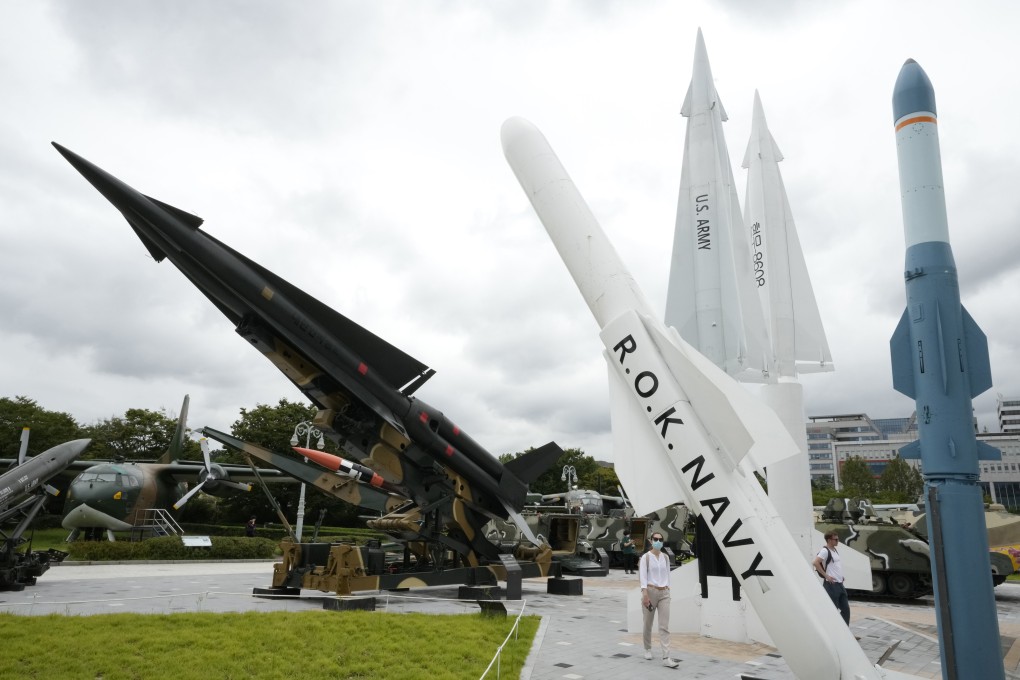South Korea grants US extra land for THAAD anti-missile shield
- Announcement expected to further strain relations with China, which regards the anti-ballistic system as a military threat
- It comes days after the South Korean president and China’s top legislator discussed the US-made system at a meeting in Seoul

The land, in the agricultural county of Seongju, brings the total set aside for the Terminal High Altitude Area Defence (THAAD) systems to 730,000 square metres (180 acres).
The South Korean defence ministry’s announcement on Monday followed earlier reports that a board of Seoul and Washington officials – known as the Status of Forces Agreement (SOFA) joint committee – had signed a document on land provision adding to the 330,000 square metres (82 acres) granted five years ago.
Seoul maintains the system is a deterrent in the face of threats from North Korea, with analysts differing on its effectiveness. Beijing says the THAAD radar could be used to spy on its military activities and poses a security threat.
Relations between Beijing and Seoul – already playing out amid heightened sensitivity to Washington’s moves in the region – will be further strained by the development, according to Koh King Kee, director of the Asean Research Centre, at the Institute for Community with Shared Future, a Communication University of China think tank.